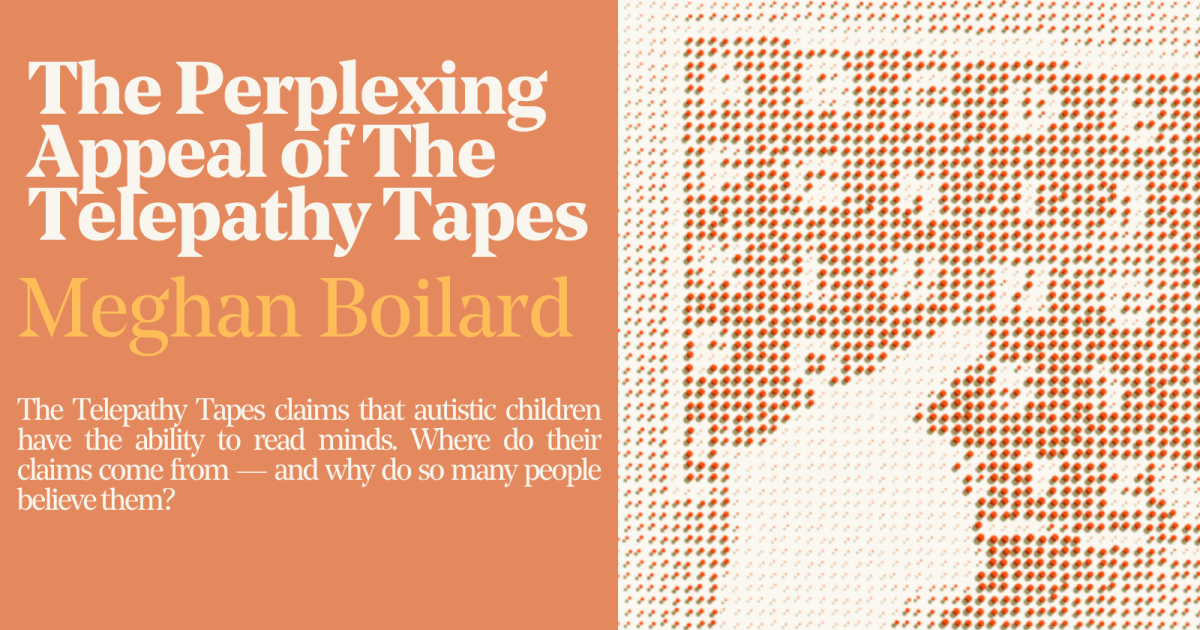ChkTag: x86 Memory Safety
Memory safety violations due to programming errors have long afflicted software. Industry and academia have been searching for solutions to this problem. As first noted in August 2025 posts by Intel and AMD x86 Ecosystem Advisory Group (EAG) leaders [1, 2], Intel and AMD are working together, along with their ecosystem partners in the EAG, to address the need for memory safety. They are creating a unified specification for a universal x86 memory tagging instruction set architecture, code named ChkTag (pronounced “Check Tag”). This will help ensure that x86 continues to meet the evolving needs of the ecosystem.
Two fundamental beliefs about the current computing landscape motivate the need for x86 memory tagging. The first is that memory safety violations are significant sources of insecurity and unreliability. Guidance from multiple governments state that “Memory safety vulnerabilities are the most prevalent type of disclosed software vulnerability” [3] and point to the potential for memory-safe languages as well as memory tagging to address those issues [4]. This is a general data security concern, including for AI data, which governments have urged companies to defend against [5]. The second motivation for x86 memory tagging is the need for hardware acceleration. It is clear from the performance of software-based schemes, such as address sanitizers, that hardware acceleration will be needed for enabling memory safety checking in production code.
ChkTag is a set of new and enhanced x86 instructions to detect memory safety violations, such as buffer overflows and misuses of freed memory (use-after-free). ChkTag is designed to be suitable for hardening applications, operating system kernels, hypervisors for virtualization, and UEFI firmware. ChkTag places control in the software developers’ hands to balance their security needs with operational elements that often become prominent when deploying code. For example, ChkTag provides instruction-granular control over which memory accesses are checked. Compilers can offer optimizations and new language features or intrinsics. ChkTag prepares x86 for a future with increasing amounts of code written in memory-safe languages running alongside code in other languages. Furthermore, ChkTag loads tags from linear/virtual memory that can often be committed on demand.
Designing new foundational technologies for the x86 ecosystem is incredibly challenging, in part due to the massive reach of the architecture and diversity of systems that rely on its world-leading performance. x86 processors provide the compute necessary to power the world’s largest supercomputers, the cloud, personal computers, and handheld gaming devices. The heritage of the architecture is evident in the extensive deployment of billions of x86 systems supporting the largest range of operating systems, software and peripherals of any processor architecture. New technologies must be designed with this legacy in mind to ensure compatibility for software adopting them. x86 already provides a rich set of security mechanisms such as shadow stack and confidential computing, which ChkTag will complement. By working with our partners, Intel and AMD are bringing a robust memory safety solution to the x86 ecosystem.
References:
[1] LinkedIn post by Jeff McVeigh, August 27, 2025, https://www.linkedin.com/posts/jeff-mcveigh-705b885_since-its-inception-the-x86-ecosystem-advisory-activity-7366537499730460673-oUol
[2] LinkedIn post by Robert Hormuth, “Advancing x86, Together”, August 27, 2025, https://www.linkedin.com/pulse/advancing-x86-together-robert-hormuth-v4ywc
[3] “The Case for Memory Safe Roadmaps”, December 2023, https://www.cisa.gov/resources-tools/resources/case-memory-safe-roadmaps
[4] “Memory Safe Languages: Reducing Vulnerabilities in Modern Software Development”, June 2025, https://media.defense.gov/2025/Jun/23/2003742198/-1/-1/0/CSI_MEMORY_SAFE_LANGUAGES_REDUCING_VULNERABILITIES_IN_MODERN_SOFTWARE_DEVELOPMENT.PDF
[5] “AI Data Security”, May 2025, https://media.defense.gov/2025/May/22/2003720601/-1/-1/0/CSI_AI_DATA_SECURITY.PDF
.png)




